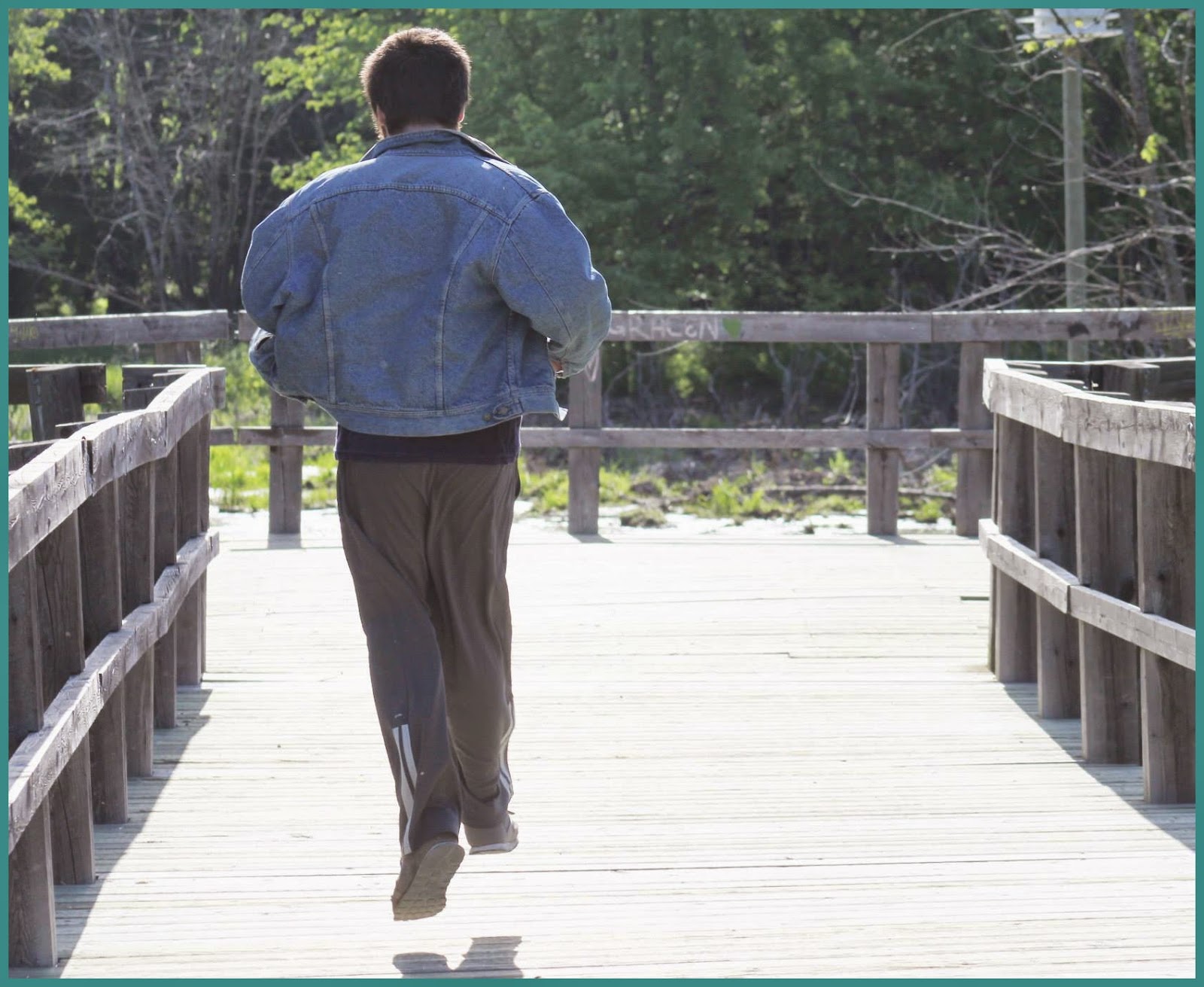Dear Hon. Premier Gallant, Deputy Premier Horsman,Speaker Collins, Ministers, Party Leaders and Government Advisers:
Re New Brunswick's Lack of Adult Autism Care:
I am sure that you are all grappling with important issues in these weeks following a provincial election. Many issues have generated intense discussion and serious attention from all of our public leaders. The issue of adult autism care however was not one of those issues. Neither the current governing Liberal Party nor the previously governing Conservative party mentioned autism in their platforms. The Green Party did propose regional autism group homes which would certainly help those with autism spectrum disorders who suffer from light to moderately severe autism challenges . Only the NDP recognized the need for an autism center in New Brunswick which could provide treatment and permanent residential care for those, like my son, with severe autism disorder, profound developmental delay (intellectual disability) and epileptic seizures the latter two conditions being commonly associated with severe autism disorders.
It is difficult to understand why our governing parties and their leadership have refused to take the steps necessary to help adults with autism lived decent, secure lives in New Brunswick. There can be no dispute about the need to address this issue. In a province where the expressions "community" and "inclusion" are used like currency the approach to adult autism care has been to banish autistic youth and adults to the Regional Psychiatric Hospital in Campbellton on our northern border with Quebec and in some cases out of the province to the Spurwink facility in Maine. It would be much more humane, and much more in keeping with the values that I believe all New Brunswickers share, to keep our autistic adults closer to home, closer to their families in group homes as suggested by the Green Party and in cases of greatest severity in an autism specific center as indicated in the NDP election platform.
New Brunswick has achieved international recognition for the steps it has taken in early intervention autism services, most recently in the Summer 2014 Newsletter of the Association for Science in Autism Treatment which interviewed Professor Emeritus (Psychology) and practicing clinical psychologist Paul McDonnell the intellectual architect of NB's autism model. The newsletter interview mentions the role of parents in advocating for the establishment of the early autism model. As one of those parents I can also confirm that we advocated with some success for the autism specific training of teacher/education aides and resource teachers to work with autistic students. The development of the program for training our educational resources has included a leading world expert in the area Dr. Eric V. Larsson.
In addition to these resources NB also has the Fredericton based Stan Cassidy Centre autism team which has been a critical tool in addressing the needs of autistic children and youth with tertiary care level challenges. Fredericton is also the home of the UNB-CEL autism intervention program which developed the autism program that trained most of NB's early intervention workers and school aides. These successes can provide the base for development of a decent, humane and secure adult autism care system in New Brunswick. It would save money currently being spent in Maine and live up to the community and inclusion cliches which sound so very good and which do reflect NB values; values which unfortunately have not prevailed in providing for adult autism care in NB.
Paul McDonnell Ph.D. is the person without whom the early and school year autism successes for which this province has been recognized would not have happened. In 2010 in a CBC interview he described the need for a NB adult autism care system and what such a system should look like:
"What remains to be done? While we need to celebrate the achievements to date, we need to make a commitment to the needs of all families and all age groups.Our greatest need at present is to develop services for adolescents and adults.
What is needed is a range of residential and non-residential services and these services need to be staffed with behaviorally trained supervisors and therapists. Some jurisdictions in the United States have outstanding facilities that are in part funded by the state and provide a range of opportunities for supervised and independent living for individuals with various disabilities."
We need an enhanced group home system throughout the province in which homes would be linked directly to a major centre that could provide ongoing training, leadership and supervision.That major centre could also provide services for those who are mildly affected as well as permanent residential care and treatment for the most severely affected.Such a secure centre would not be based on a traditional "hospital" model but should, itself, be integrated into the community in a dymamic manner, possibly as part of a private residential development.The focus must be on education, positive living experiences, and individualized curricula. The key to success is properly trained professionals and staff.
When we, as parents guided by Prof. McDonnell's autism expertise, advocated for early intervention services there were many naysayers who opposed our efforts both within and outside government advisory circles even some in our autism community. They were wrong. We succeeded and we will continue the fight for decent youth and adult autism care and treatment services in NB.
We ask all public decision makers on all sides of the legislative aisles to now show the initiative and leadership to get this job done to extend NB's internationally recognized model to provide care for NB's autistic youth and adults.
Respectfully,
Harold L Doherty
Conor's Dad


































